Teaching
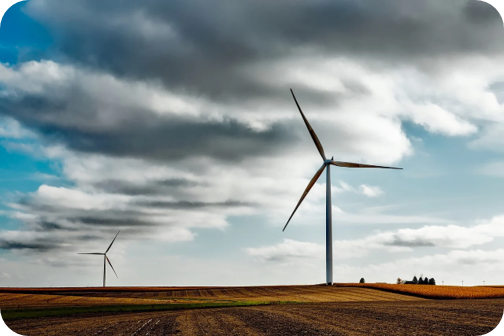
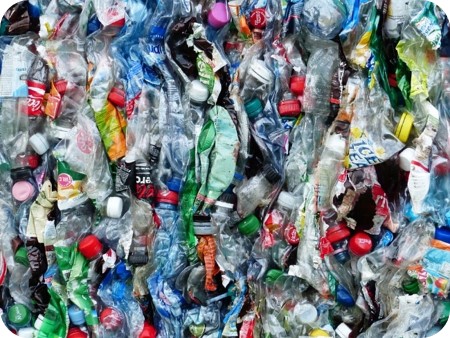
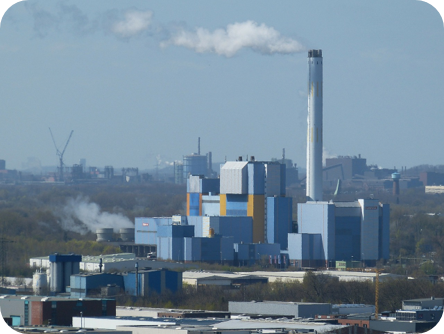
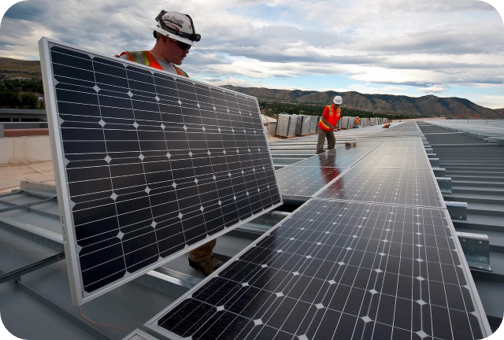
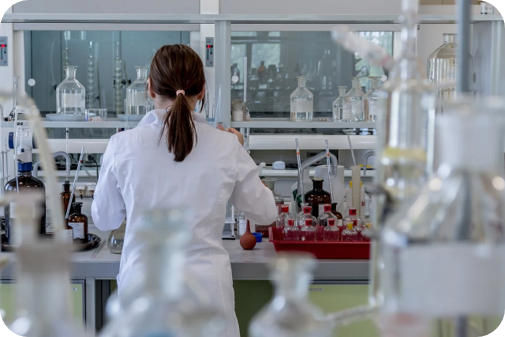
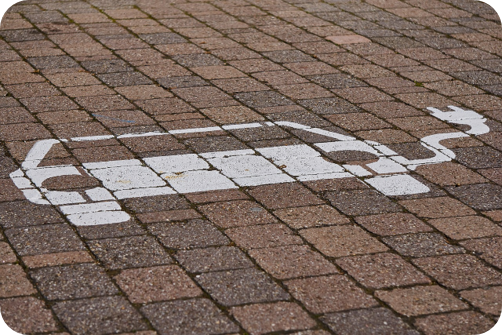

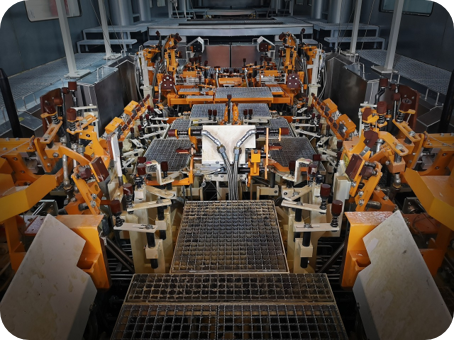
GRADUATE DEGREE PROGRAMS
BACHELOR OF ENVIRONMENTAL ENGINEERING
Introduction to the circular economy
- Introduction to waste management (legislation, concepts, technical principles, etc.)
- Landfill (construction, landfill gas, leachate)
- Biological treatment of organic waste
- Waste pre-treatment in mechanical-biological treatment plants and incineration plants
- Collection & Transportation of municipal solid waste
- Recycling
Introduction to renewable energies
- Introduction to data, information, legal framework, and historical development.
- Policy instruments
- Potentials of alternative energy sources
- Solar energy
- Wind energy
- Bioenergy
- Geothermal energy
- Energy storage
Introduction to environmental engineering (staff members of the professorship are involved in this course)
- Issues and solutions in applied environmental protection in the areas of infrastructure, water, soil, coastal flood protection, renewable energies, agriculture, etc.
- Occupational areas and required skills of an environmental engineer
- Scientific work
- Project organization
- Preparation of reports, scientific writing
Environmental Process Engineering (The module is carried out together with the Chair of Water Resources Management)
- Basics of system analysis (boundaries, material flow analysis, reactors, reaction kinetics)
- Basic technical operations and processes (mechanical, thermal, and biological processes, phases, and interphase)
- Principle environmental engineering methods and their applications
- Important parameters for the characterization of water, wastewater, waste, soils and their analytical measurement (design, operation, and control/regulation of processes)
MASTER'S DEGREE IN ENVIRONMENTAL ENGINEERING
Circular economy
- Collection and transportation - waste logistics
- Treatment of solid waste
- Recovery of waste - recycling (DSD, collection systems; waste glass; waste paper; metals; waste plastics; RDF); recovery of waste electrical and electronic equipment; wood waste; construction waste)
- Handling of hazardous waste
- Sewage sludge treatment and recycling
- Agricultural waste and animal by-products
- Contaminated sites
Sustainable energy systems and energy efficiency
- Definitions, concepts, political frameworks
- Renewable energy sources (solar energy, wind energy, bioenergy, geothermal energy)
- Energy storage methods
- Technologies and measures to increase efficiency
- Field trips
Bioenergy
- Biogenic residues and the utilization of organic raw materials
- Recycling of organic waste (e.g. composting)
- Energy recovery from biomass (e.g. incineration, fermentation)
- Sustainability (e.g. material flow analyses, life cycle assessments)
- Laboratory practical course
- Field trips
Environmental protection in the industry
- Recycling of production by-products
- Environmental management
- Efficient use of renewable and non-renewable raw materials
- Recycling technologies
- Design of environmental protection in selected industrial sectors (e.g. cement industry, steel production, power generation, automotive industry)
Research projects (staff members of the professorship are involved in this project)
- lecture series (internal and guest presentations)
- Current overview of the state of research in the chosen field (short lectures)
- Literature research and review
- Concept development and implementation of the research project (measurement or laboratory work, experimental setups, evaluations, programming)
- Short presentation and disputation
- Scientific elaboration (paper draft)
MASTER'S PROGRAM IN ELECTRICAL ENGINEERING (IEF)
Module Bioenergy and Waste to Energy / Bioenergy and Waste to Energy
- Relation between insufficient waste treatment and climate change
- Possibilities of waste management on climate protection at the example Germany and international research projects/examples
- waste hierarchy and impact of recycling on energy demand
- Potential of organic waste and renewable raw materials (e.g. organic waste and residues from private households, industry and commerce, agriculture, forestry, residues of the energy crop cultivation) for bioenergy
- Technical processes for the material and energy utilization of biomass (conversion and utilization of solid, liquid and gaseous bioenergy sources)
- Possibilities of GHG (greenhouse gas) savings by waste management, WtE and bioenergy
- Technical processes of advanced waste management technologies related to energy
- Production of alternative fuels and their possible uses as waste fuels (high-caloric fraction, refuse derived fuel, solid recovered fuel) inclusive quality and performance characteristics
- Objectives and basic/standard processes of the thermal treatment of waste (e.g. hazardous waste incineration in a rotary furnace, sewage sludge incineration in a fluidized bed furnace) and thermal utilization of solid biofuels
- Role of CHP concepts and options to supply heat and electricity demand
- Ecological, economic and social aspects for the evaluation of the sustainability of the material and energy utilization of biomass (material flow analysis, eco-balance, bioeconomy, renewable energy concepts of communities/municipalities)
